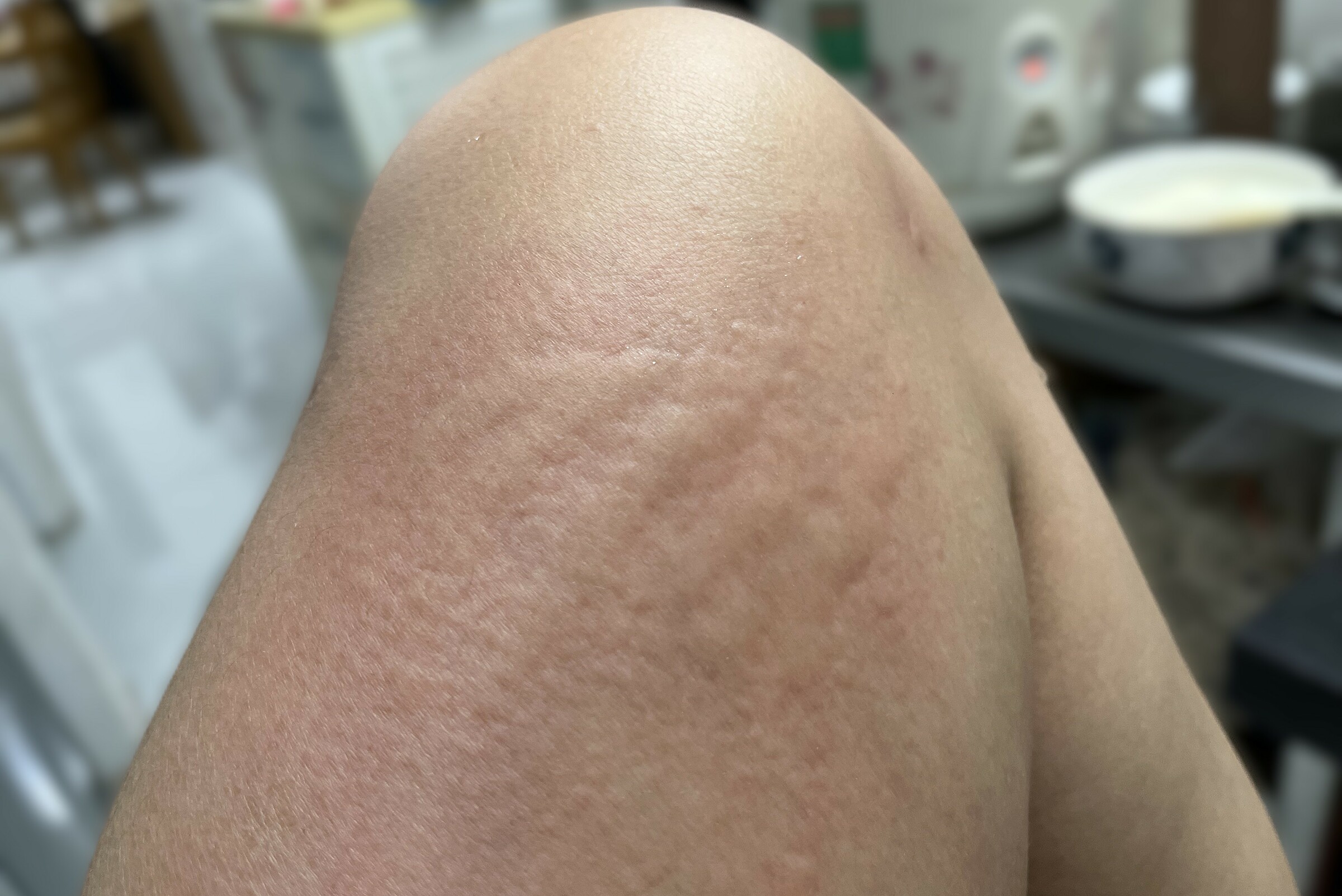Answer:
Mosquitoes and ants are common insects that carry venom. The bitten or stung area typically becomes painful, red, itchy, and swollen, but these symptoms usually disappear within a few hours or days. In some cases, severe allergic reactions can occur, leading to life-threatening anaphylactic shock. Therefore, you should not be complacent and should seek medical attention promptly if you experience fever, swollen lymph nodes, fatigue, or extensive skin inflammation.
Having an allergy to insect venom does not preclude you from receiving vaccinations. Before vaccination, a doctor should conduct a thorough screening to assess your overall health. You should also inform the doctor about any existing medical conditions, medications you are currently taking, and any previous allergic reactions to vaccine components.
If you have a severe allergy requiring medication, your doctor may recommend postponing vaccination until your health stabilizes. This is because post-vaccination reactions can be mistaken for allergic reactions, making it difficult for both you and medical personnel to distinguish between the two.
 |
Allergic reactions from insect bites and stings usually subside within a few hours or days, and vaccinations are generally permissible. Photo: NVCC |
Allergic reactions from insect bites and stings usually subside within a few hours or days, and vaccinations are generally permissible. Photo: NVCC
Measles, chickenpox, and dengue fever cause symptoms such as fever, headache, body aches, and rash. Vietnam currently has vaccines available for all these diseases. These vaccines are not recommended for pregnant women, so women should plan to get vaccinated at least three months, or a minimum of one month, before pregnancy.
The dengue fever vaccine is over 80% effective and reduces the risk of hospitalization by more than 90%. The vaccination schedule for adults consists of two doses, three months apart.
The measles vaccine is available as a single vaccine or in combination with mumps and rubella (MMR). The chickenpox vaccine schedule for adults involves two doses administered one month apart. Receiving the full course of measles and chickenpox vaccines offers up to 98% protection.
You should also consult your doctor about additional vaccinations for diseases that could affect your health and pregnancy, such as hepatitis B, HPV, pneumococcal disease, and diphtheria-pertussis-tetanus (DPT).
Dr. Nguyen Cong Luan
Medical Manager, VNVC Vaccination System
Readers can submit vaccine-related questions for doctors to answer here.












